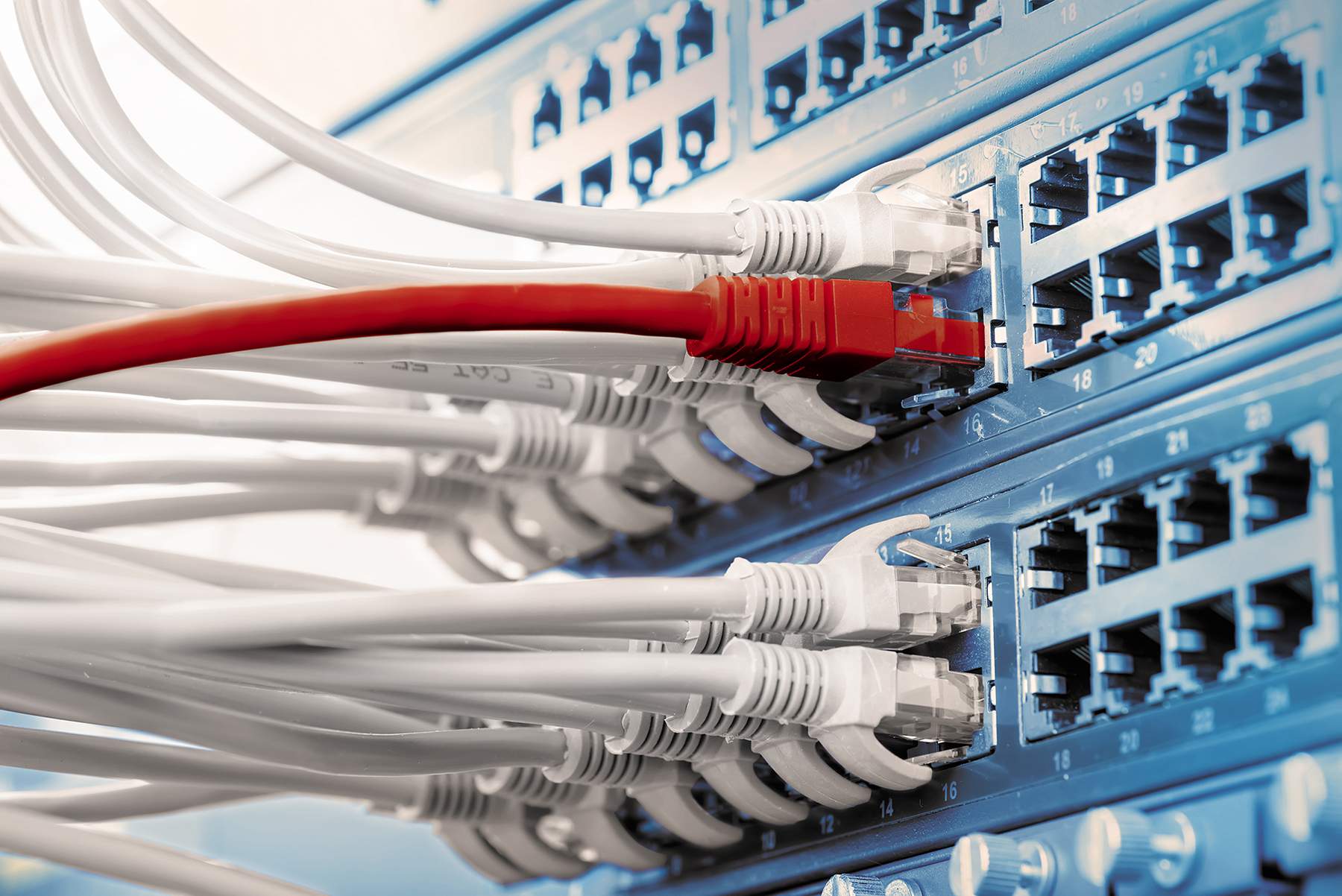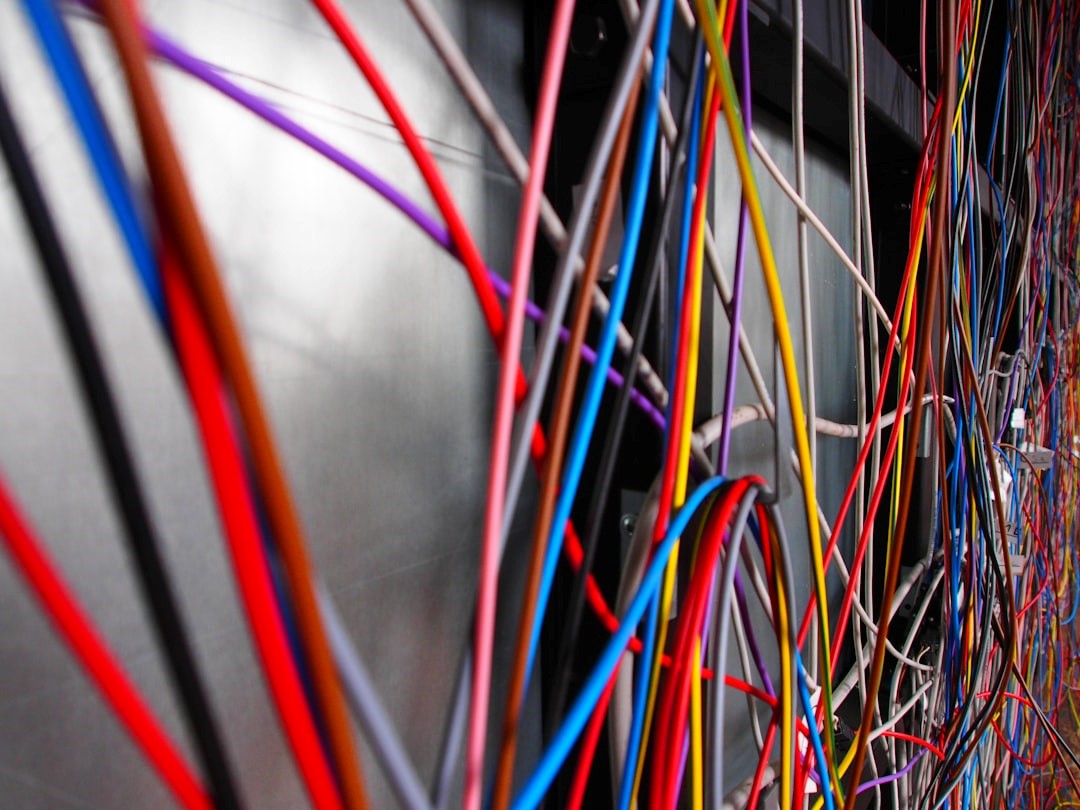The Economic Impact of Disruptions on Internet Connectivity
-
November 24, 2022
-
5 min read

The internet economy is going to explode in the coming years, owing to digitalisation and technology innovations like 5G, web 3.0, IoT, AI, blockchain, and more. Developing economies like India are at the cusp of the digital revolution. The internet is the foundation fueling this revolution, and it is going to promote drastic changes in our digital world. This digital era is affecting all the sectors of this hyper-connected economy.
Digital economy accelerating business and economic growth
The infusion of digitalisation, powered by the internet, has not just given a push to the software industry but has also fueled growth in other sectors, such as agriculture, healthcare, retail, and education. A McKinsey report suggests that after the IT sector, the above-mentioned sectors have witnessed the most positive impact of the internet. By 2025, digital applications will further proliferate and help in boosting the GDP. With the rise in digital applications, some of these industries could create US $10 billion to US $150 billion of incremental economic value. Further, digitalisation could create almost 60 million new jobs in the coming few years. According to a report by the Indian Council for Research on International Economic Relations, an increase of 10% in the overall internet traffic can result in a 3.1% increase in per capita GDP.
Internet is essential to mobilise day-to-day lives
The internet has become an essential requirement for businesses as well as the daily lives of the general population. India is home to the world’s largest pool of internet users, with almost 600 million users, and each mobile data user consumes almost 8 GB of data each month on average. Internet users are expected to grow to about 800 million by 2023. The dependency on the internet became even more profound in a post-COVID world as it became an integral part of our daily lives. In 2020, The Supreme Court identified access to information via the internet as a fundamental right under the Indian constitution.
What disruption to the internet means in the digital economy?
Robust digital infrastructure is critical to business continuity and life in general. Any disruption can have huge economic implications.
Overall economic impact of internet disruptions
In 2020, the global impact of internet disruption was huge. 27,000 hours of internet disruptions and shutdown cost the global economy a whopping $4 billion. According to a report, India was amongst the most impacted nations, losing more than US $2 bn to internet shutdowns, almost double the combined loss of 20 other countries mentioned in it. A Deloitte report suggests that the economic cost of internet disruptions vary for developed and developing economies. While high connectivity countries stand to lose 1.9% of their daily GDP, medium connectivity and low connectivity countries lose 1% and 0.4% of their daily GDP respectively.
The internet shutdown/slowdown affects the economy due to disruption in the business functioning and the economic activities related to the daily lives of people. These statistics consider internet shutdowns due to varied reasons. The impact of bad internet connectivity is also equally destructive since it can cause unnecessary loss of time, money, and resources. E-commerce, digital payments, and EdTech sectors thrive on robust internet infrastructure, and disruptions can lead to huge revenue loss. The Cellular Operators Association of India report reveals that telecom operators lose around Rs 2 crores per hour in every sector facing internet shutdown.
Economic impact of internet disruptions on SMEs
Easy and affordable access to the internet has narrowed the digital gap in the SME sector. In India, more than 15 million business owners run their businesses on WhatsApp, relying on digital payments and online delivery services. Internet shutdowns or slowdowns can mean major revenue loss for these businesses. It is clear that in a digital economy where customers want everything at the click of a button and business processes rely heavily on the internet, slow internet can kill productivity and profits.
Economic impact of internet disruptions due to interruption in daily lives
With the onset of COVID-19, the way we interact with the world on a day-to-day basis has changed completely. The virtual world today has become more real than we ever expected. Virtual education, remote work, digital payments, online grocery and the foundation of the meta-universe was laid in 2020 with the acceleration of digitalization in the new normal. Indians log in over 50 million video calling minutes on WhatsApp daily, and 100 million digital payments worth Rs 5 trillion are being processed daily. Digital payments are expected to reach 15 trillion by 2025. The Internet is also critical for businesses to reach consumers in smaller towns. A McKinsey report suggests that Indian consumers in smaller cities account for more than half of the new purchases on e-commerce channels. Internet disruption will have a negative impact on each of these and other channels.
Wrapping up
Today, it is almost impossible to think of a life without the internet. Our dependence on it has increased multifold in the last decade, and its impact has been both positive and negative. A report suggests that introducing broadband resulted in a US $800 increase in household income in certain countries. Improving access to the internet and providing high-speed broadband at an affordable cost can spur economic growth, as they allow businesses to reach wider markets. On the other hand, disruptions to internet connectivity can cause huge economic losses. For instance, in 2020, India suffered huge economic losses due to internet shutdowns and disruptions.
At an enterprise level, businesses can opt for high-speed leased lines to solve internet outage issues and ensure business continuity. Clearly, for any economy to flourish, a strong digital infrastructure powered by high-speed internet is non-negotiable and must take precedence in every nation’s agenda of economic growth.
 Share
Share









